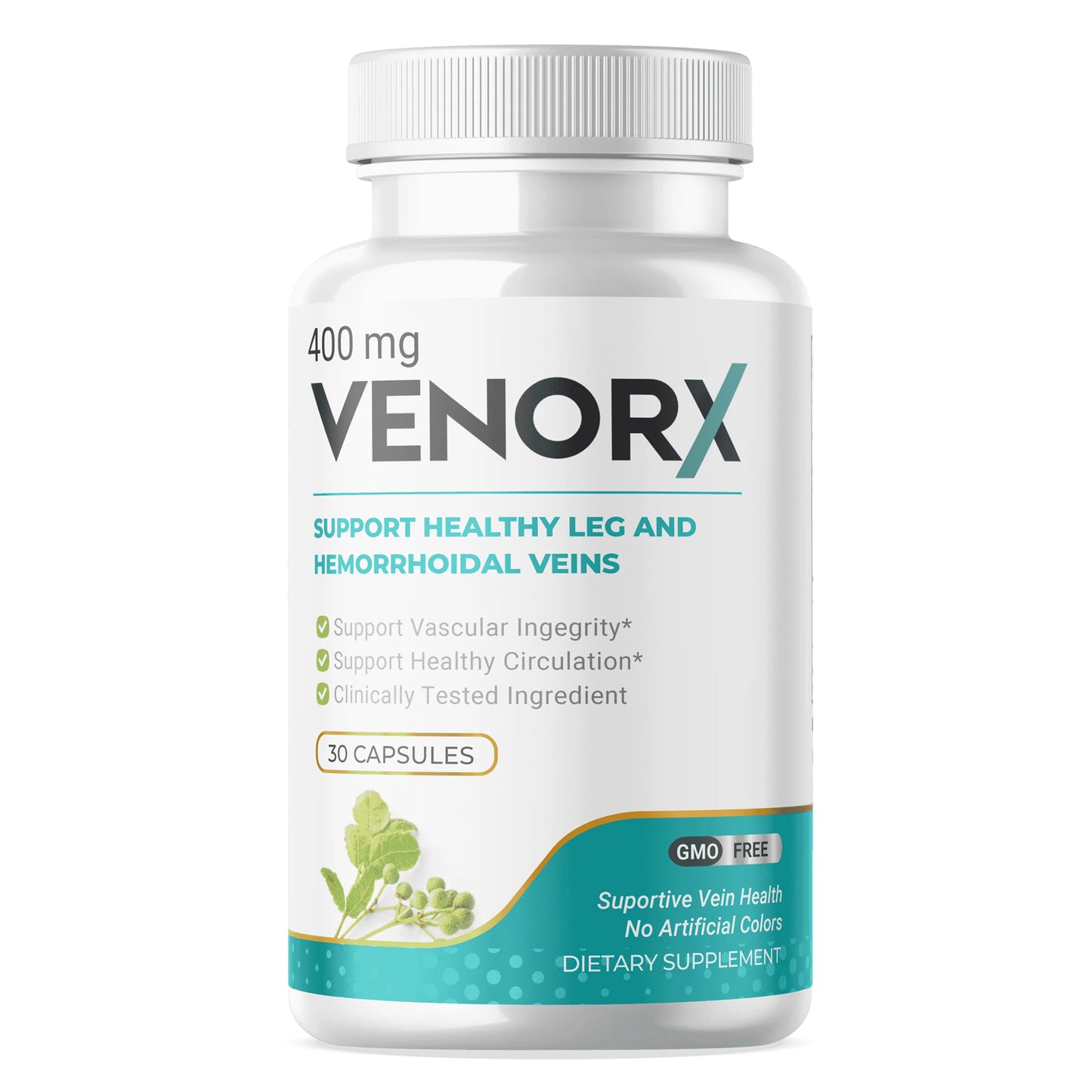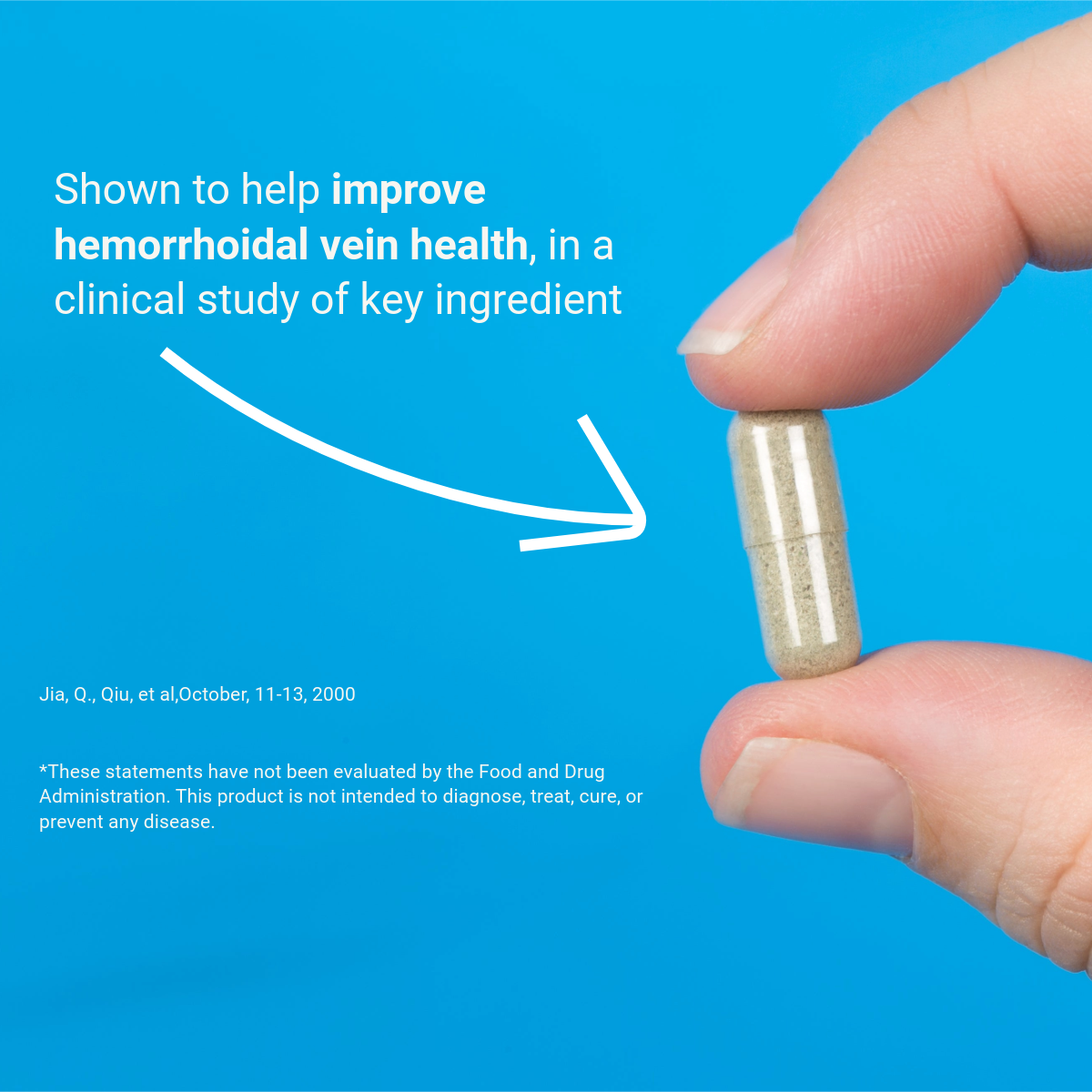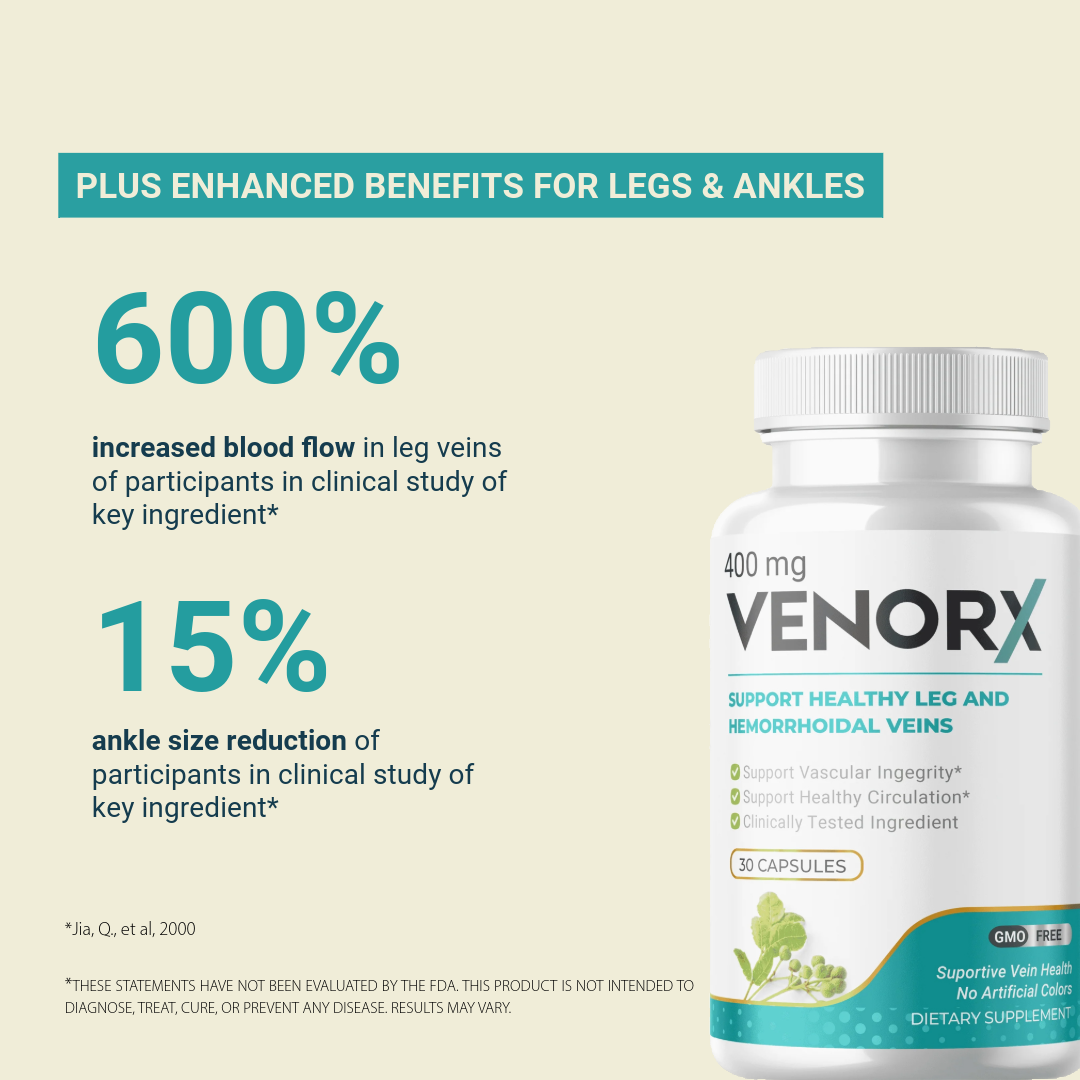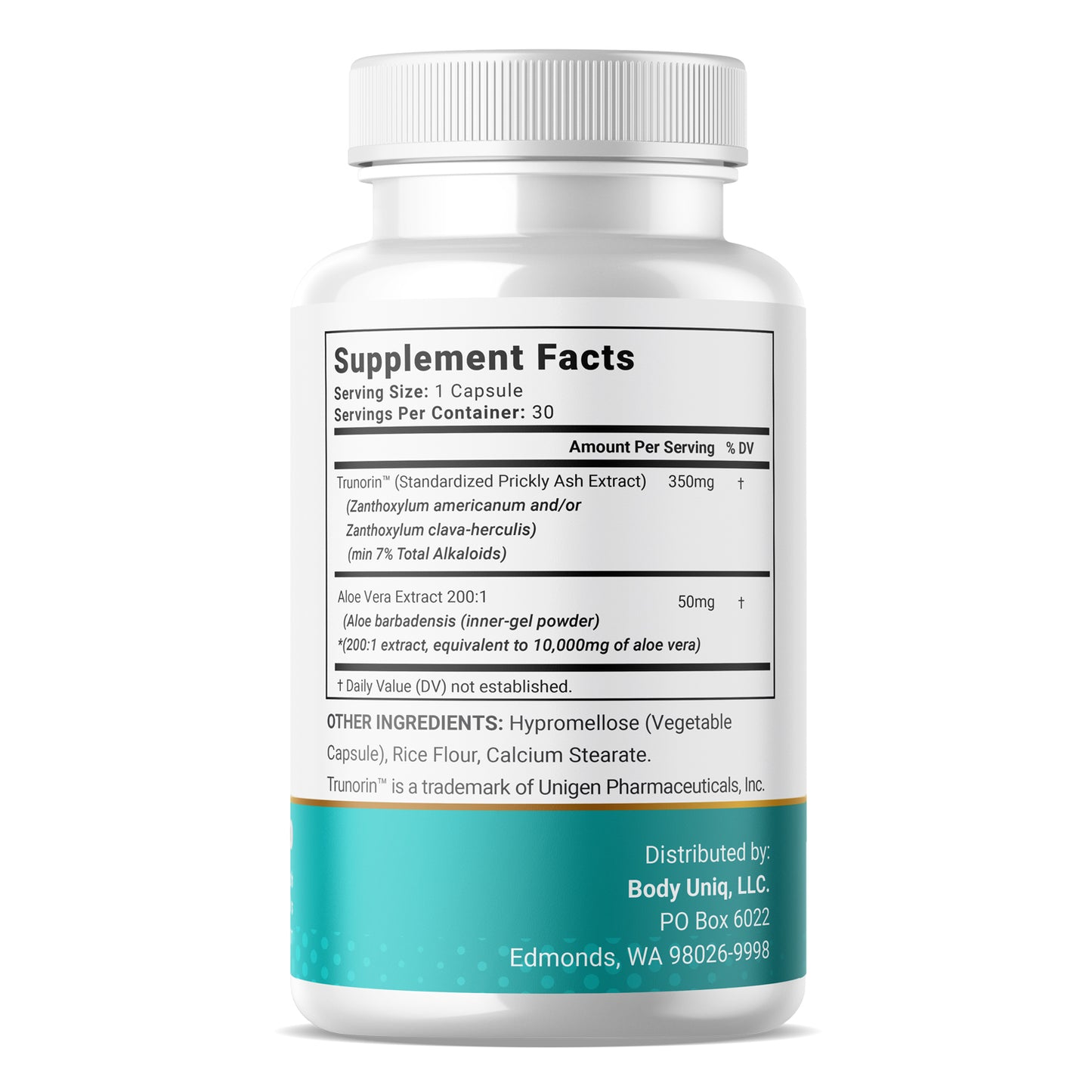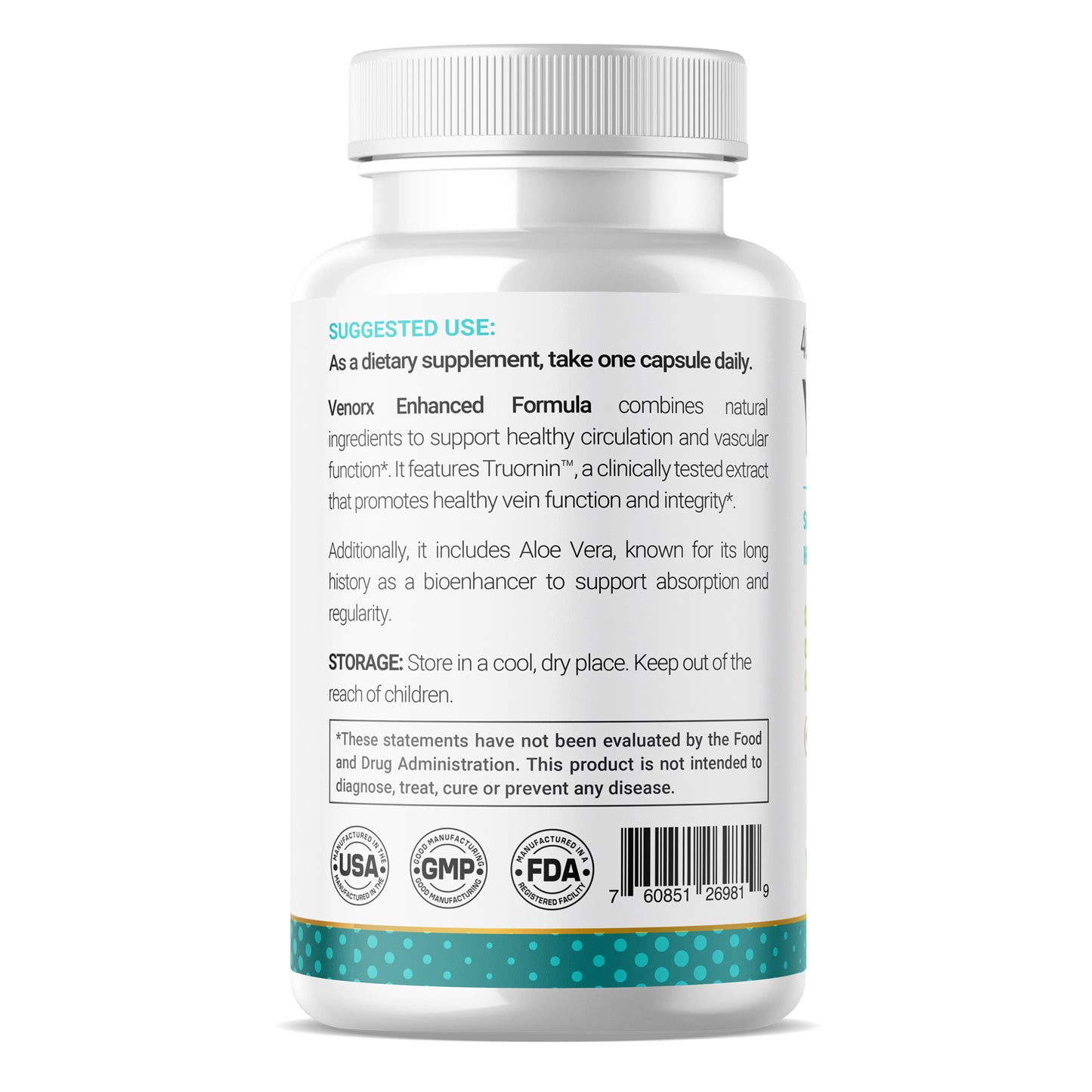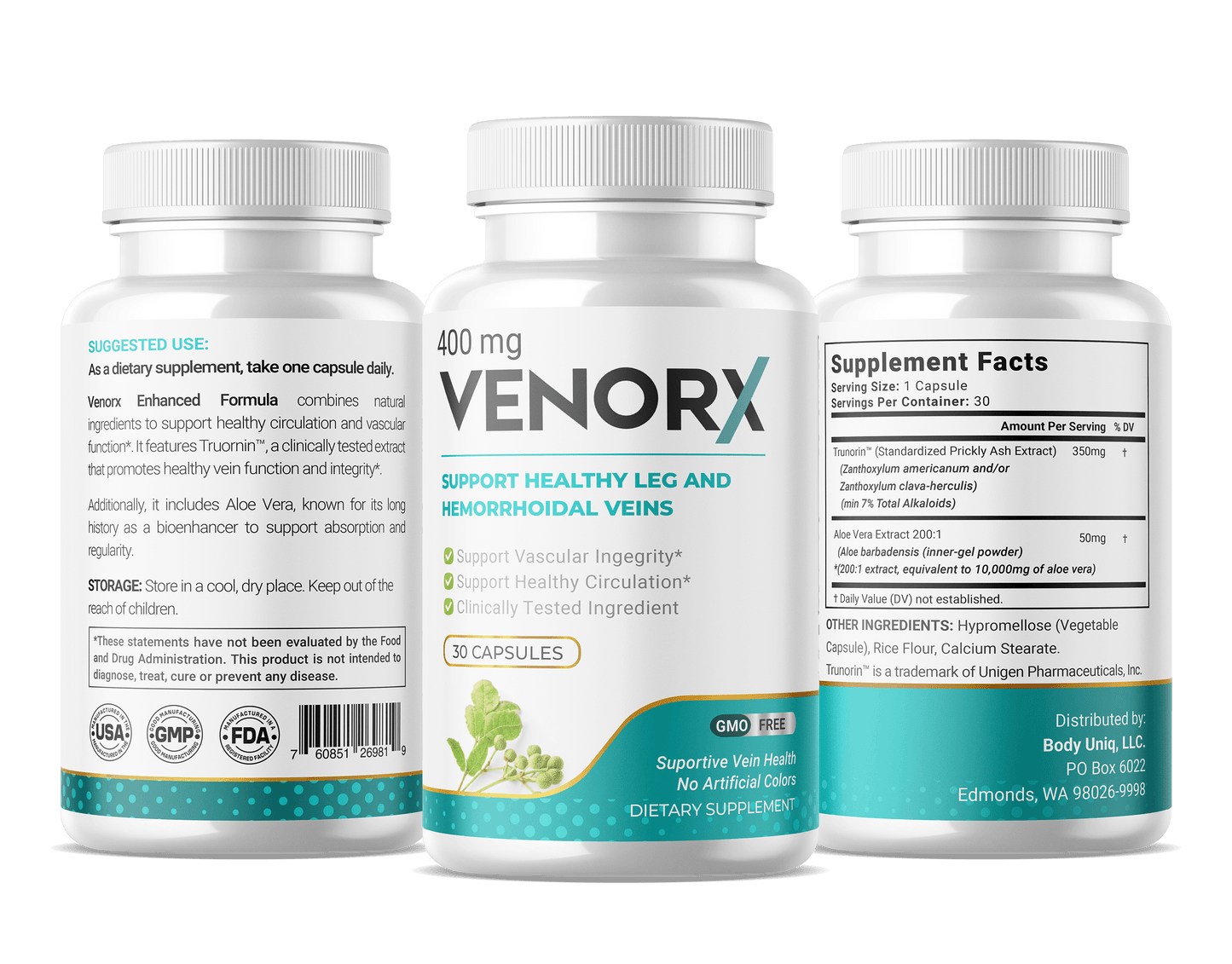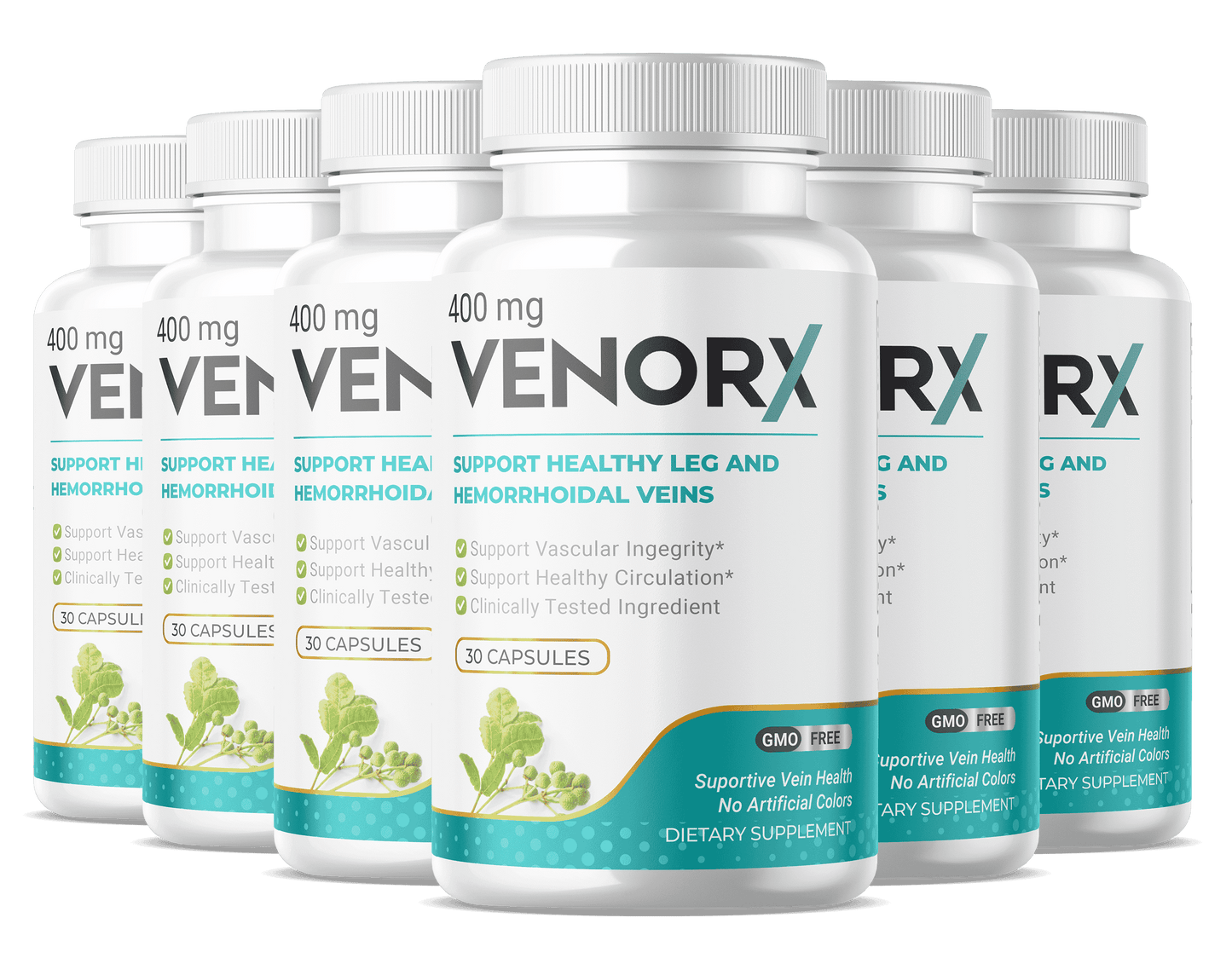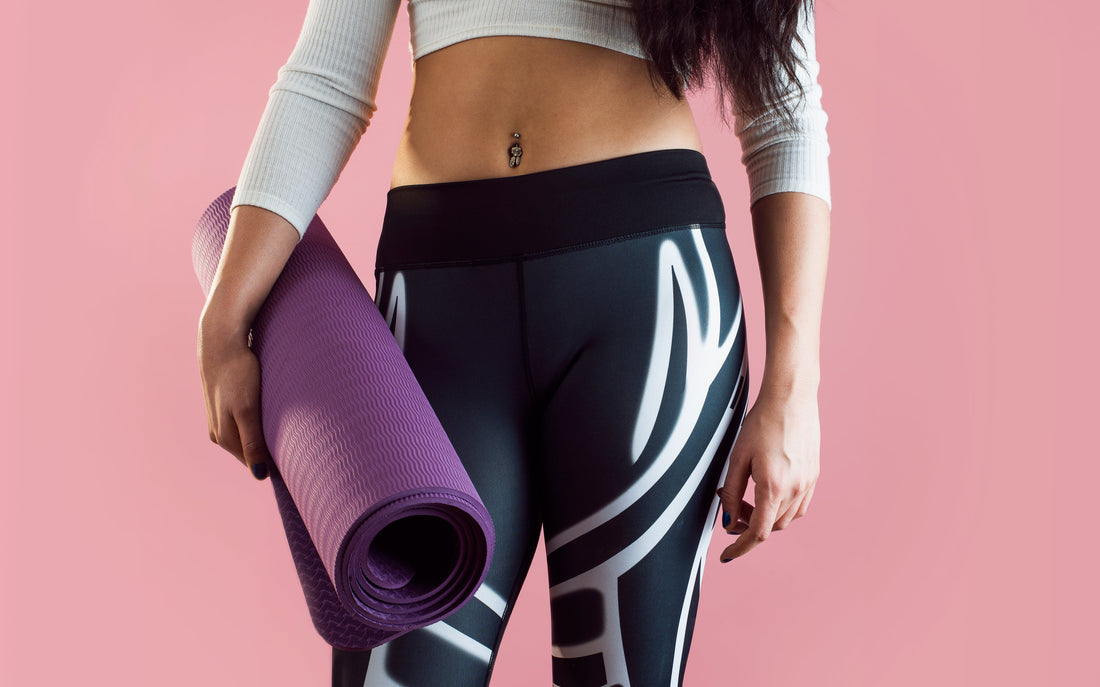
Natural Ways to Support Healthy Blood Circulation
Share
Natural Ways to Support Healthy Blood Circulation
Maintaining good blood circulation is essential for overall health and well-being. Healthy blood flow ensures that oxygen and nutrients are efficiently delivered to your organs and tissues, while waste products are effectively removed from the body. Supporting circulation can be a contributing factor to various health goals, including energy, comfort, and mobility.
There are also natural lifestyle changes that may help improve blood flow. If you're passionate about empowering your body’s natural ability to feel its best—without invasive treatments. Look for plant-based formulas are designed to support blood flow and vitality from the inside out.
1. Stay Active with Regular Exercise
Physical activity is one of the most effective ways to support healthy blood circulation. Engaging in regular exercise helps stimulate blood flow, improve heart health, and strengthen blood vessels. Studies show that cardiovascular activities, such as walking, swimming, or cycling, are particularly beneficial.
Tip: Aim for at least 30 minutes of moderate-intensity exercise most days of the week. Activities like walking, yoga, or light stretching can also be beneficial for encouraging better blood flow.
2. Hydrate Regularly
Staying hydrated is important for maintaining healthy blood flow. Proper hydration helps ensure that your blood maintains an optimal viscosity. Research suggests that dehydration can increase blood viscosity and reduce circulation efficiency.
Tip: Aim for about eight glasses (2 liters) of water daily, adjusted for activity level and climate.
3. Consider Massage to Promote Relaxation
Massage therapy may help to improve blood flow by relaxing muscles and reducing tension. Clinical studies show massage can temporarily improve localized circulation.
Tip: Consider a gentle massage or try a foam roller or massage ball to help relax muscles and promote circulation.
4. Eat a Balanced Diet with Nutrient-Rich Foods
A healthy diet that includes a variety of nutrient-rich foods can support the body’s overall circulation:
- Beets: High in nitrates that support vasodilation.
- Garlic: Contains allicin, which supports vascular tone.
- Citrus fruits: Packed with vitamin C for vessel integrity.
- Turmeric: Contains curcumin, linked to healthy inflammation response.
- Ginger: Supports circulation and digestion.
Tip: Fill your plate with fruits, vegetables, whole grains, and lean proteins.
5. Practice Good Posture
Poor posture can restrict blood flow, especially to the legs. Postural habits can directly affect circulation and cardiovascular strain.
Tip: Sit and stand with a straight spine and take breaks to stretch if you sit for long periods.
6. Support Circulation with Herbal Supplements
Herbs traditionally used to support blood flow include:
- Ginkgo biloba: May improve peripheral circulation.
- Cayenne pepper: Contains capsaicin, which may enhance vasodilation.
- Horse chestnut: Common in formulas for leg vein support.
- Prickly Ash Bark: Traditionally used to support microcirculation and tissue vitality—one of the key ingredients featured in Venorx.
Tip: Always consult a healthcare provider before beginning any supplement routine.
7. Dress Warmly in Cold Weather
Cold temperatures can narrow blood vessels, reducing flow. Keeping warm helps blood move more freely, especially to extremities.
Tip: Dress in layers, especially gloves and socks, and use warm compresses on cold limbs.
8. Avoid Smoking
Smoking is known to damage blood vessels and reduce circulation. The CDC highlights the circulatory risks of smoking clearly.
Tip: Seek support from cessation programs or your provider to quit smoking for good.
9. Elevate Your Legs Periodically
If you sit or stand for long periods, elevate your legs to reduce pressure and help blood return to the heart.
Tip: Elevate your legs for 15–20 minutes, especially after a long day.
10. Manage Stress Levels
Chronic stress may constrict blood vessels and raise blood pressure. Stress management supports cardiovascular health and better circulation.
Tip: Try deep breathing, meditation, or gentle yoga to ease tension.
Conclusion
Healthy blood circulation is vital for your body to function at its best. While no single lifestyle change or remedy is a cure-all, integrating several of these natural strategies can help support your circulatory health. Always consult your healthcare provider before making major changes to your routine.
Support Circulation Naturally with Venorx
At Venorx, we’ve developed a gentle, effective formula that targets circulation from the inside—without messy creams or awkward applications. Our blend includes prickly ash bark and Aloe Vera, traditionally used to support blood vessel tone, comfort, and vitality.
Explore Venorx now and take the natural path to feeling better from the inside out.


